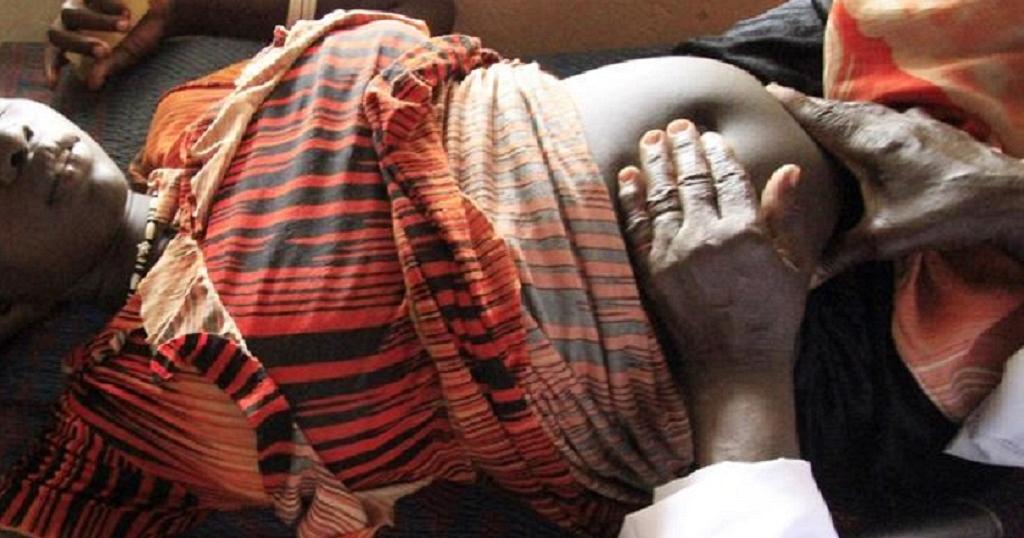The Urgent Need for Reform in Abortion Rights in Zimbabwe
The recent arrest of 18-year-old Celine Ngwenya in Bulawayo for allegedly terminating her pregnancy highlights a critical issue in Zimbabwe, the need for reform in abortion rights and more comprehensive support systems for young women facing unplanned pregnancies.
Currently, abortion in Zimbabwe is illegal except under specific conditions, such as rape or health risks to the mother. This restrictive framework criminalizes young women like Celine and fails to address the pressing issue of teenage pregnancies, which are alarmingly common in our country.
Reports indicate that around 70,000 unsafe and illegal abortions occur annually in Zimbabwe, many involving young girls who feel they have no other choice.

The stigma surrounding abortion, coupled with the lack of access to safe and legal options, forced Celine into desperation. On November 2, 2024, she terminated her pregnancy using abortion pills, hoping to end her situation discreetly. Tragically, after the procedure, she buried the foetus in a shallow grave near her home, believing she could hide her actions from her community. However, the police were alerted, leading to her arrest and exposing the systemic failures that put young women like her in such perilous positions.
Women’s rights organizations, such as Katswe Sisterhood, have been advocating for greater access to safe abortion services. Their calls for reform are vital, as access to safe reproductive health care is a fundamental human right. By criminalizing abortion, we are not only endangering the lives of young women but also denying them the autonomy to make decisions about their own bodies and futures.
Moreover, the impact of early pregnancies extends beyond the individual. Teenage mothers often face significant social and economic challenges, including interrupted education, limited job prospects, and heightened vulnerability to domestic violence. These factors create a cycle of disadvantage that affects not only the mothers but also their children, perpetuating poverty within communities.

It is essential for policymakers to recognize the complexity of teenage pregnancies and to create a supportive environment that prioritizes education and health care over punishment. Comprehensive sex education, access to contraceptives, and mental health support for young women are crucial steps in preventing unplanned pregnancies and ensuring that those who do find themselves in difficult situations receive the care and support they need.
In conclusion, Celine Ngwenya’s case serves as a poignant reminder of the urgent need for reform in Zimbabwe’s abortion laws and a call to action for society to support young women. We must create an environment where young people can make informed choices about their bodies and futures without fear of criminalization or stigma. It is time to prioritize women’s rights and health in our policies, ensuring that no young woman is left to navigate such harrowing circumstances alone.
#News in Bulawayo #News in Zimbabwe Artist Arts BCC Bulawayo Bulawayo City Council Bulawayo economy Bulawayo industry Bulawayo news Bulawayo Police Bulawayo Water Bulawayo Water Crisis Bulawayo Women entrepreneurship Business Women Cholera Community Culture Currency Drug Abuse Drugs Economy Farmer Farmers Farming Informal Sector Informal Traders Mining MSMEs Music News in Bulawayo News in Zimbabwe Police Police in Bulawayo Vendor Vendors water Water Crisis Water Shortage water supply issue Women entrepreneurship ZESA Zimbabwean economy Zimbabwe news Zimbabwe water crisis ZRP
Join us for all News in Bulawayo and Bulawayo News in Zimbabwe.












